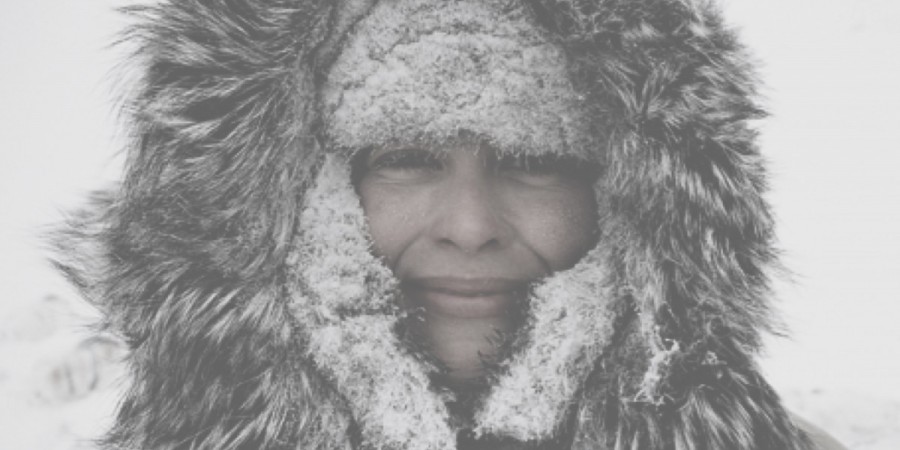Our Science Editor, Sam Gouldson went to the Cheltenham Science Festival, where she met the team from the Ugly Animal Preservation Society.
Why are people so concerned about saving and protecting cute and fluffy species like the panda and the tiger, but less bothered about the dromedary jumping slug or the blobfish? This was the reason for the first talk I attended at Cheltenham science festival and it was absolutely fascinating.





